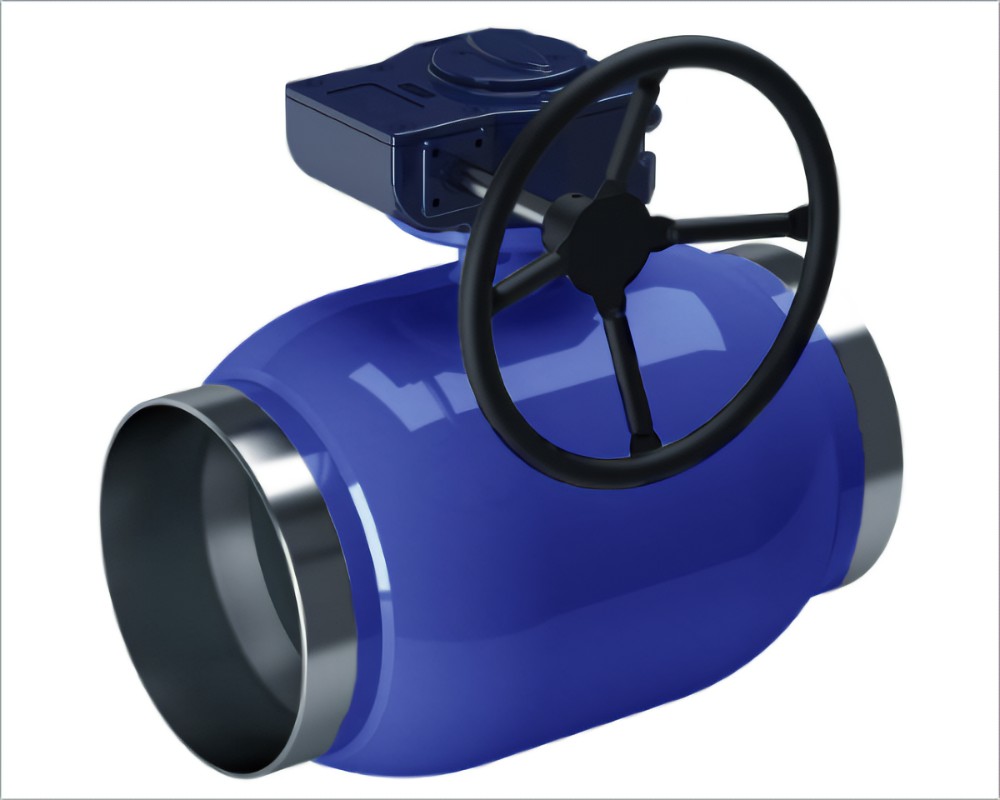class 150 gate valve
Understanding Class 150 Gate Valves A Comprehensive Overview
Gate valves are essential components in various industrial piping systems, particularly in water, gas, and chemical applications. Among the variety of gate valves available, the Class 150 gate valve stands out for its reliability and efficiency in controlling flow. This article will delve into the features, applications, advantages, and maintenance considerations of Class 150 gate valves, offering insights for engineers and procurement professionals.
What is a Class 150 Gate Valve?
A Class 150 gate valve is designed to operate within a pressure rating of 150 pounds per square inch (psi) at room temperature. The class designation indicates the valve's pressure-temperature rating, which is crucial for ensuring safe and effective operation in various conditions. This type of gate valve is typically made from materials such as cast iron, steel, or stainless steel, making it suitable for a broad range of applications.
Features and Design
Class 150 gate valves are characterized by a simple and effective design that allows for straight-line flow with minimal pressure drop. This is achieved through their wedge-shaped disc, which moves vertically within the valve body to open or close the flow path. One of the key features of these valves is their ability to provide a tight seal when closed, effectively preventing leakage. Additionally, they often come with handwheel actuators, allowing for easy manual operation.
The valve's construction usually includes several critical components the body, bonnet, disc, seat, and stem. The body houses the other components; the bonnet connects to the body and provides access for maintenance; the disc or wedge slides between the seats to control flow; and the stem facilitates the movement of the disc through the handwheel.
Applications of Class 150 Gate Valves
class 150 gate valve

Class 150 gate valves are widely used across various sectors, including municipal water systems, sewage treatment, oil and gas pipelines, and industrial processes. Their primary function is to start or stop the flow, making them ideal for applications that require full flow when open and no flow when closed. They are not intended for throttling service, as doing so can lead to erosion and premature wear.
In the water industry, for instance, these valves are deployed in water treatment plants and distribution systems. They ensure the efficient management of water flow and maintain system integrity. In oil and gas applications, Class 150 gate valves are employed for controlling the flow of hydrocarbons, ensuring safety and efficiency in high-pressure environments.
Advantages of Class 150 Gate Valves
One of the main advantages of Class 150 gate valves is their excellent sealing capability, which minimizes the risk of leaks. Their design also allows for a low-pressure drop, contributing to system efficiency. Furthermore, the straightforward design of these valves simplifies maintenance, as they can be serviced without removing the entire valve from the pipeline.
Another significant benefit is their durability. The materials used in constructing Class 150 gate valves offer resistance to corrosion and wear, ensuring a long operational life, even in harsh environments. This longevity can lead to cost savings in both maintenance and replacement.
Maintenance Considerations
While Class 150 gate valves are reliable, regular maintenance is essential to ensure they function effectively over time. Operators should conduct routine inspections to check for signs of wear, corrosion, or leaks. Additionally, grease or lubrication may be applied to moving parts to reduce friction and wear.
In summary, Class 150 gate valves are crucial components in various industrial applications, providing effective flow control with minimal leakage. Their durability and ease of maintenance further enhance their appeal, making them a preferred choice for engineers and industrial operators alike. As technologies evolve and industries seek more efficient solutions, the role of Class 150 gate valves will continue to be prominent in fluid control systems.
-
The Key to Fluid Control: Exploring the Advantages of Ball Valves in Industrial SystemsNewsJul.09,2025
-
The Versatile World of 1, 2, and 3 Piece Ball ValvesNewsJul.09,2025
-
Stainless Steel Ball Valves: The Ideal Choice for Efficient Flow ControlNewsJul.09,2025
-
Optimizing Fluid Control with Ball Float ValvesNewsJul.09,2025
-
Manual Gate Valves: Essential for Control and EfficiencyNewsJul.09,2025
-
Everything You Need to Know About Butterfly ValvesNewsJul.09,2025
-
The Versatility of Wafer Type Butterfly ValvesNewsJul.08,2025




